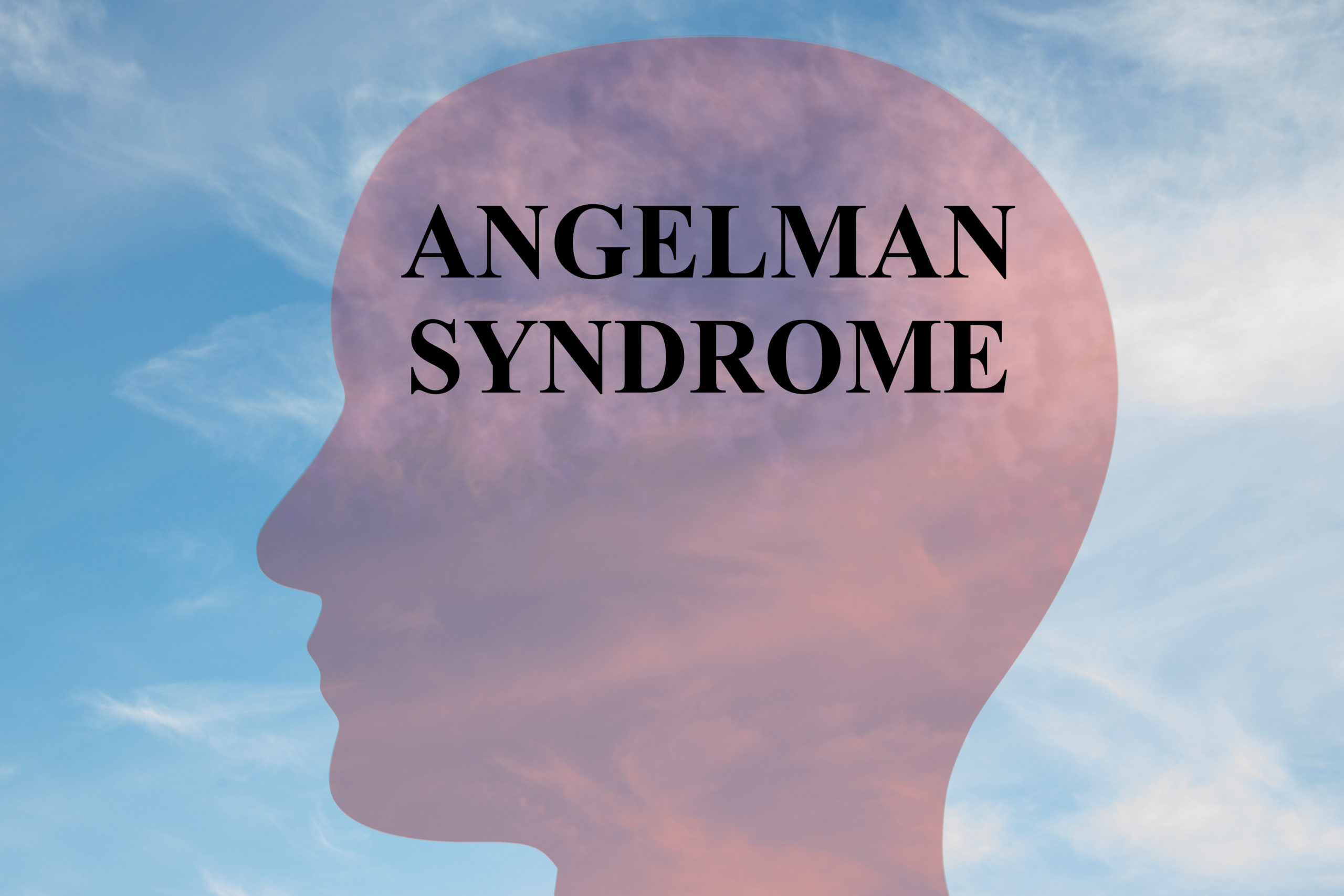Les principaux signes d'Angelman syndrome
Qu'est-ce que le syndrome d'Angelman?
On estime actuellement que cette maladie rare touche environ un demi-million de personnes dans le monde. Son taux de prévalence est actuellement de 1 pour chaque 15,000 naissance vivante.
Il se caractérise par une large gamme de symptômes du retard de développement, aux convulsions et aux problèmes de sommeil.
On ne pense pas qu'il s'agisse d'une maladie génétique héréditaire, bien qu'un frère ou une sœur avec Angelman puisse entraîner un risque plus élevé pour le syndrome parmi les futurs enfants.
The syndrome itself is caused by a mutation in the UB3A gene. This mutation may be a microdeletion, when genes are deleted from a chromosome. Or it may be the result of disomy, which occurs when both copies of a chromosome pair are inherited from one parent, instead of one copy from one, and one from the other. When this occurs with some genes, it can trigger a genetic syndrome.
Principaux signes
There are several main signs of Homme-ange Syndrome. One of the first often noticed is when an infant seems to be having issues with their balance, and ability to walk. Many infants with Angelman experience serious developmental delays, especially with regards to their physical and motor skill development, and their speech.
Generally individuals with Angelman develop limited-zero speech capabilities. Speech delay, as well as limited-zero speech delay is a defining symptom of the syndrome. For some children Angelman is a cause of speech delay.
D'autres signes d'Angelman incluent des problèmes de sommeil. Les enfants atteints d'Angelman sont connus pour avoir d'intenses difficultés à s'endormir et dorment souvent très peu.
Other possible signs include a happy and excitable personality accompanied by frequent smiling and laughing. Angelman is an example of a rare behavioral disorder. Seizures are also common, and may trigger further investigation into whether a rare disease, such as Angelman, is the cause of them.
Angelman syndrome et conseil ginitique
Si un nourrisson ou un enfant présente des signes d'Angelman syndrome sans autre cause explicable, la première personne à consulter serait un conseiller en génétique.
A genetic counselor would be able to assess an individual’s symptoms and possible signs of Angelman, and recommend specific genetic testing to identify mutations in the UB3A gene, and confirm a diagnosis of Angelman.
Un conseiller en génétique sera en mesure d'expliquer les implications des tests génétiques pour Angelman, et ce que cela signifiera pour une personne affectée en termes de soins à long terme et de gestion de son état, et symptômes.
Recevoir un diagnostic Angelman chez un enfant est un processus difficile pour les familles, et les conseillers en génétique sont en mesure de fournir un soutien émotionnel important et critique pour les aider à gérer et à faire face à un diagnostic également.







